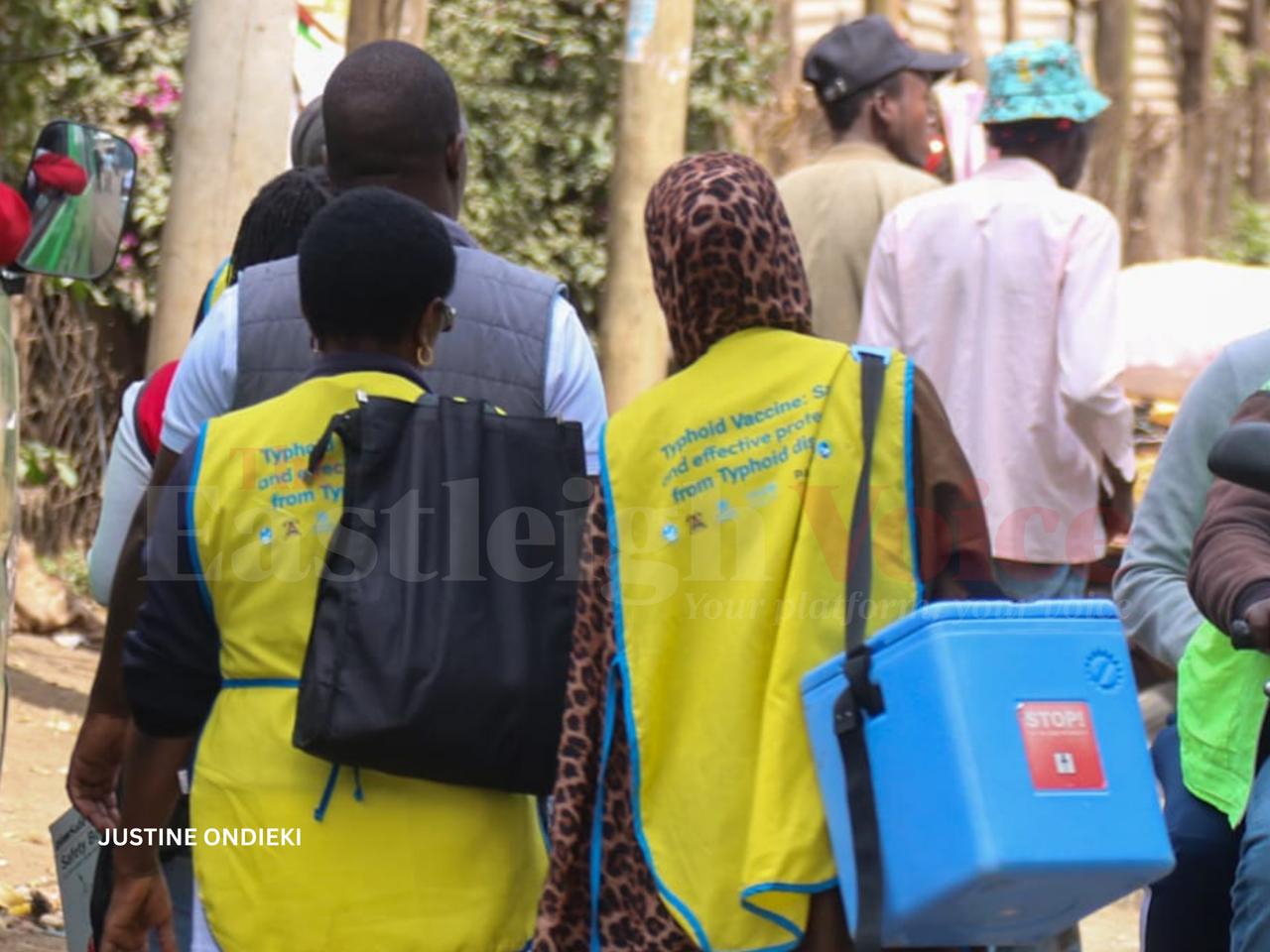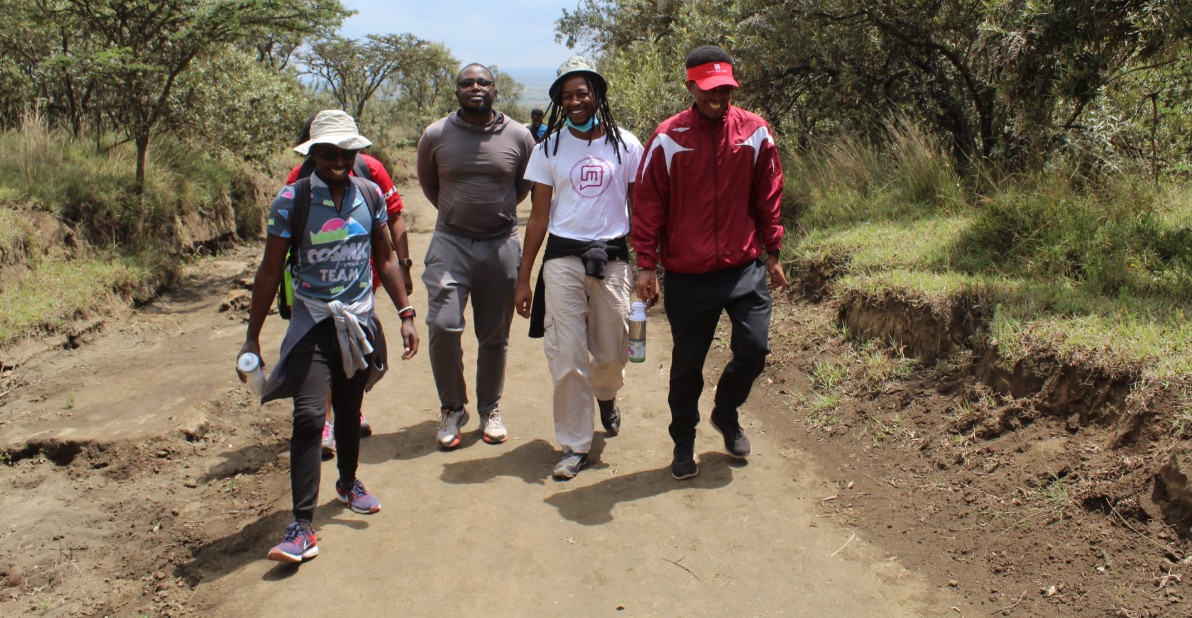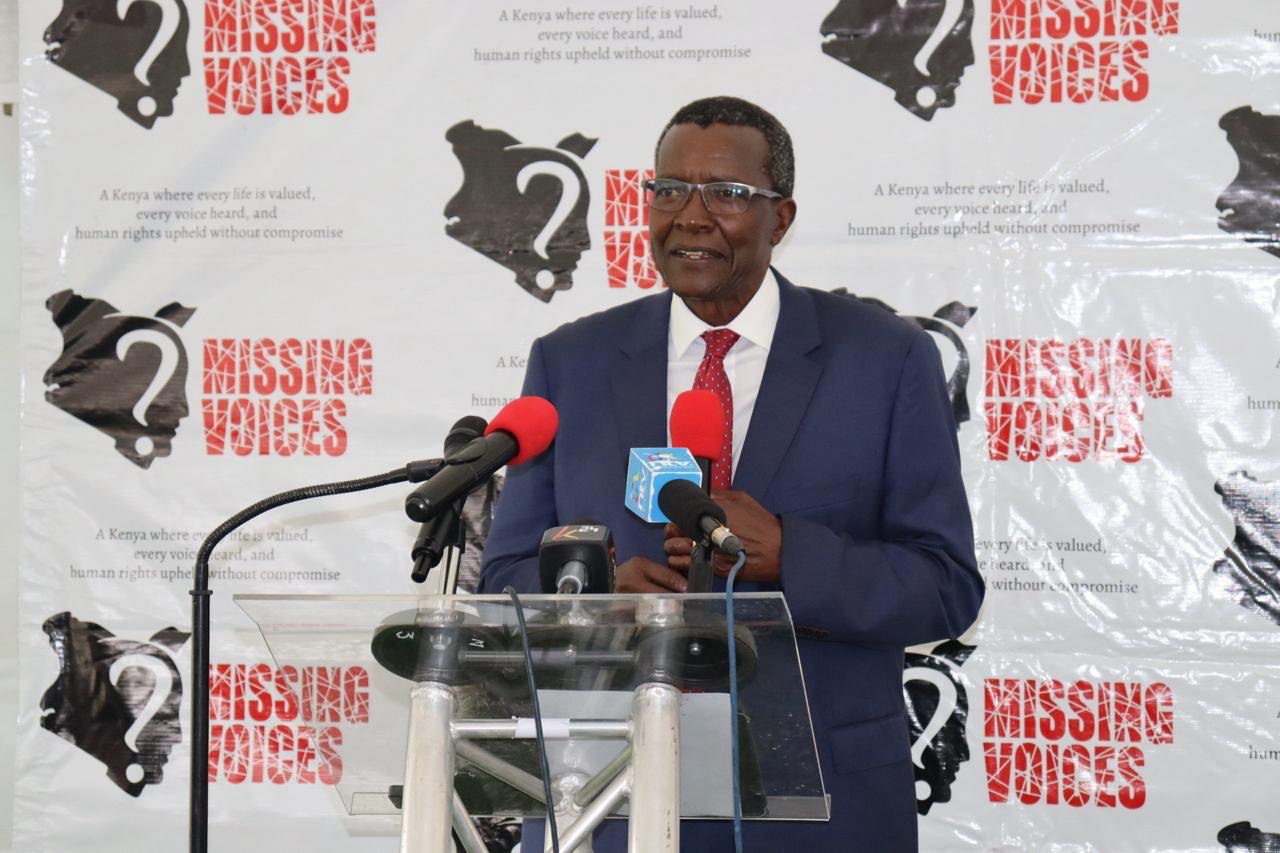Quarry workers urge Lamu County to address poor working conditions amid high taxes
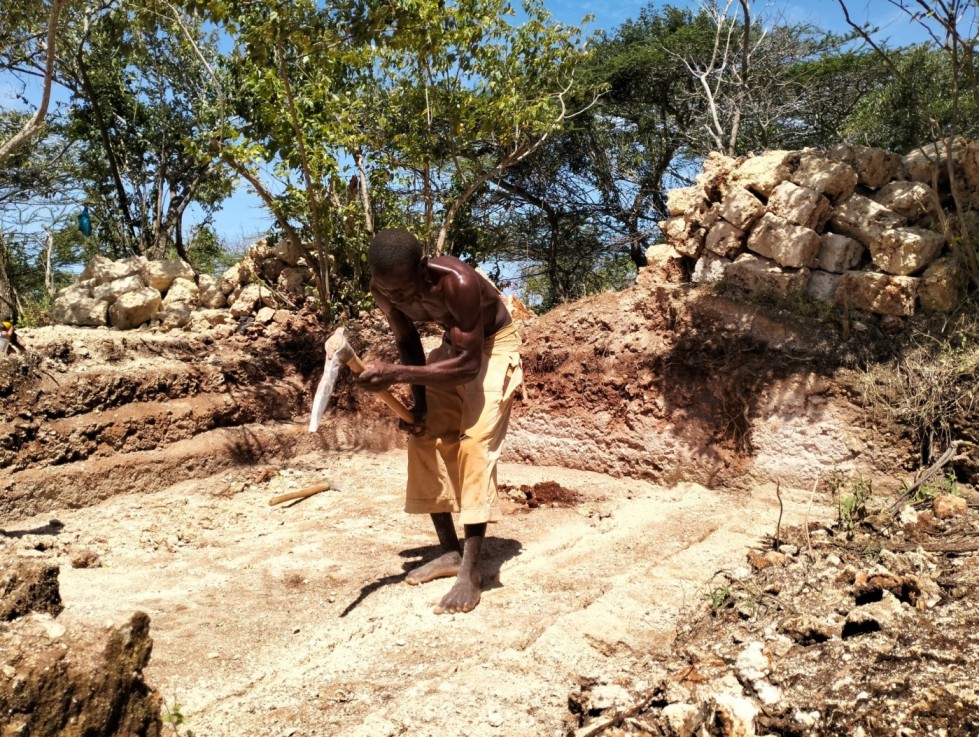
The quarry workers expressed their frustration that the devolved government has yet to visit them to assess their welfare or address the challenges they face.
Lamu quarry workers have urged the devolved government to stop focusing solely on revenue collection while neglecting their pressing issues.
The quarry workers, mostly from Manda-Maweni Village and the Nairobi Area, lament working under harsh conditions with poor infrastructure, despite their consistent payment of taxes to the Lamu County Government.
More To Read
- Poverty and hunger in Kilifi derailing education in Ganze, MP Kenneth Tungule warns
- NEMA arrests 17 traders in Makueni for environmental violations, including use of banned plastic bags
- Kilifi County urges striking nurses to resume duty, cites ongoing dialogue
- Kenya Pipeline ordered to pay Sh3.8 billion to Thange residents for 2015 oil spill
- Omtatah files petition to halt Southlands housing project in Lang'ata over alleged illegalities
- Kilifi leaders urge fast resolution of IEBC deadlock, slam delays in Magarini by-election
Manda-Maweni Village, located on the expansive Manda Island, and the Nairobi Area within Mpeketoni Division, both in Lamu West, are home to at least 2,000 quarry workers, mainly engaged in the production of building blocks and ballast.
Manda-Maweni is the largest producer of construction materials across Lamu County. The village was established by stone miners in the 1980s.
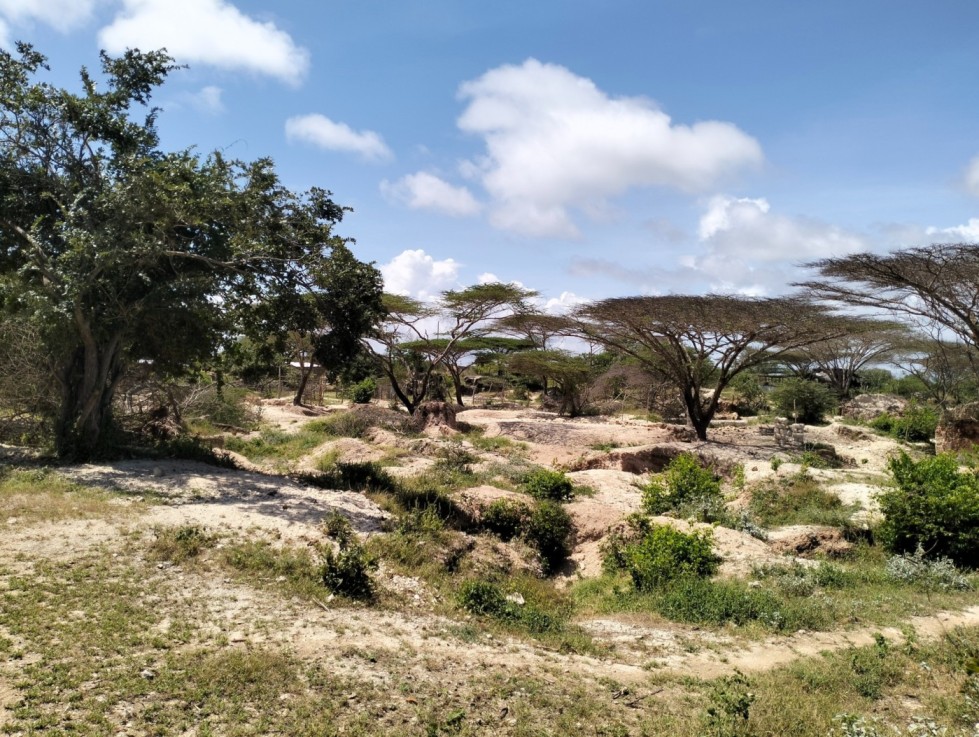 A quarry at Manda-Maweni Village in Lamu County. (Photo: Farhiya Hussein)
A quarry at Manda-Maweni Village in Lamu County. (Photo: Farhiya Hussein)A quarry at Manda-Maweni Village in Lamu County.
Speaking to the Eastleigh Voice, the quarry workers expressed their frustration that the devolved government has yet to visit them to assess their welfare or address the challenges they face.
Justus Mwaniki, a stone miner and businessman, said the only effort made by the Lamu County Government has been to send a tax collector, who is focused solely on revenue collection.
Mwaniki criticised the deplorable state of their depot at Manda-Maweni.
"We have a depot where we gather building materials before ferrying them on dhows across the Indian Ocean to Lamu Island. The depot lacks a jetty, which poses a significant challenge to us. We expect such amenities to be improved, especially since we are loyal taxpayers to the county government," said Mwaniki.
Loice Irungu, another stone miner, noted that quarrying is a difficult task, particularly for women, and that people like her rely on hope and perseverance.
Stone mining involves enduring dust and the scorching heat all day. Irungu said she depends entirely on quarrying to provide for her family’s basic needs, but the lack of protective gear has made the job increasingly difficult and has put their health at risk.
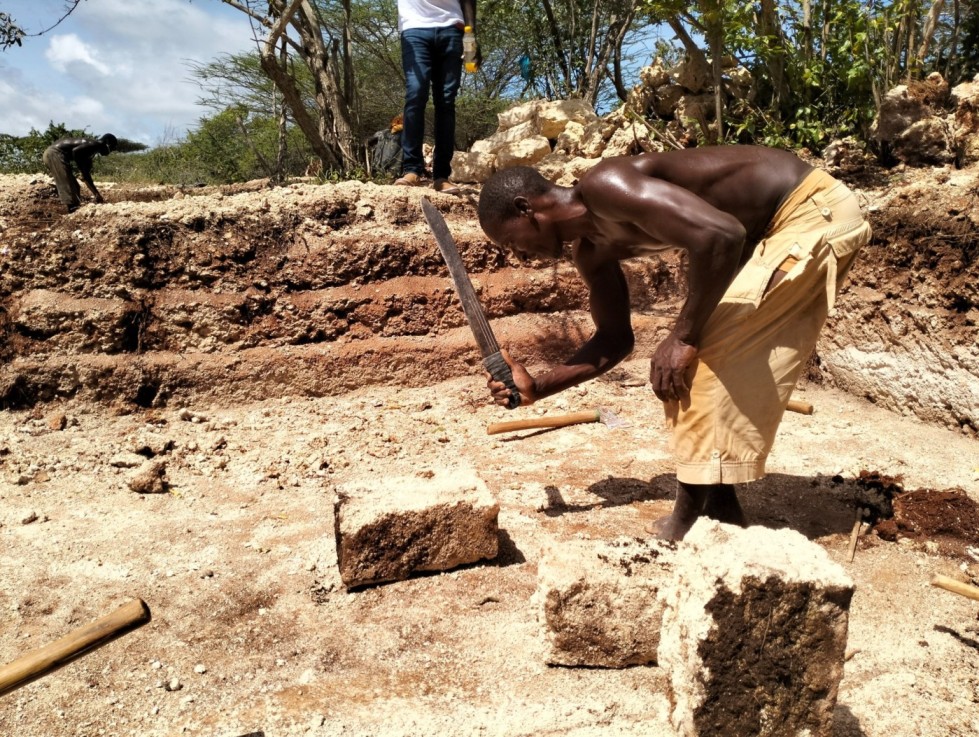 Jacob Bokoro quarrying at Manda-Maweni village, Lamu County. (Photo: Farhiya Hussein)
Jacob Bokoro quarrying at Manda-Maweni village, Lamu County. (Photo: Farhiya Hussein)
She called on the county government to provide protective gear to enable them to safeguard their health while earning a living.
"It’s unfortunate that we pay taxes to the county government, yet there have been no efforts to empower us. We haven’t even had county officials visit us to assess our welfare. We feel completely neglected," said Irungu.
Fredrick Odhiambo revealed that some of their colleagues have left the quarries due to eye and respiratory problems. He urged both the county and national governments to come to their aid.
"We can’t afford protective gear, which is exposing us to respiratory and skin diseases. At the very least, we need gloves and masks," said Odhiambo.
Jacob Bokoro, another quarry worker, appealed to the county government to install floodlights in the quarries to enable them to work during the night.
"We’re forced to close business early in the evening due to darkness. We suggest that floodlights be installed for security purposes. This would allow us to work around the clock," said Bokoro.
They also raised concerns about high taxation, stating that each stone is taxed at Sh1.5.
"We want taxation to be based on tonnes, not per building block. The current rate of Sh1.5 per block is too high. In other counties, a lorry full of building blocks is taxed at Sh500, which is far cheaper than taxing each block individually, as is done here," said Mercy Njeri.
 Jacob Bokoro quarrying at Manda-Maweni village, Lamu County. (Photo: Farhiya Hussein)
Jacob Bokoro quarrying at Manda-Maweni village, Lamu County. (Photo: Farhiya Hussein)Jacob Bokoro quarrying at Manda-Maweni village, Lamu County
The quarry workers also called for advanced equipment to help them produce higher-quality stones in larger quantities.
Evans Oundo said they have frequently missed out on government tenders to supply construction materials whenever projects are launched in Lamu.
"Those tenders often end up benefiting quarry workers in neighbouring Kilifi County. We need the government and well-wishers to sponsor us with machines to help us cut and supply blocks in larger quantities," said Oundo.
The lack of a ready market is another challenge for Lamu's stone miners. They claim that the few customers they have always want to buy materials at low prices.
"After crushing 40kgs of ballast, we end up selling it for only Sh15 to Sh20, and we’re still taxed on that. The prices are too low, and finding buyers is a struggle—it can take weeks or even a month before one comes along. We need support," said Samson Charo, a quarry worker.
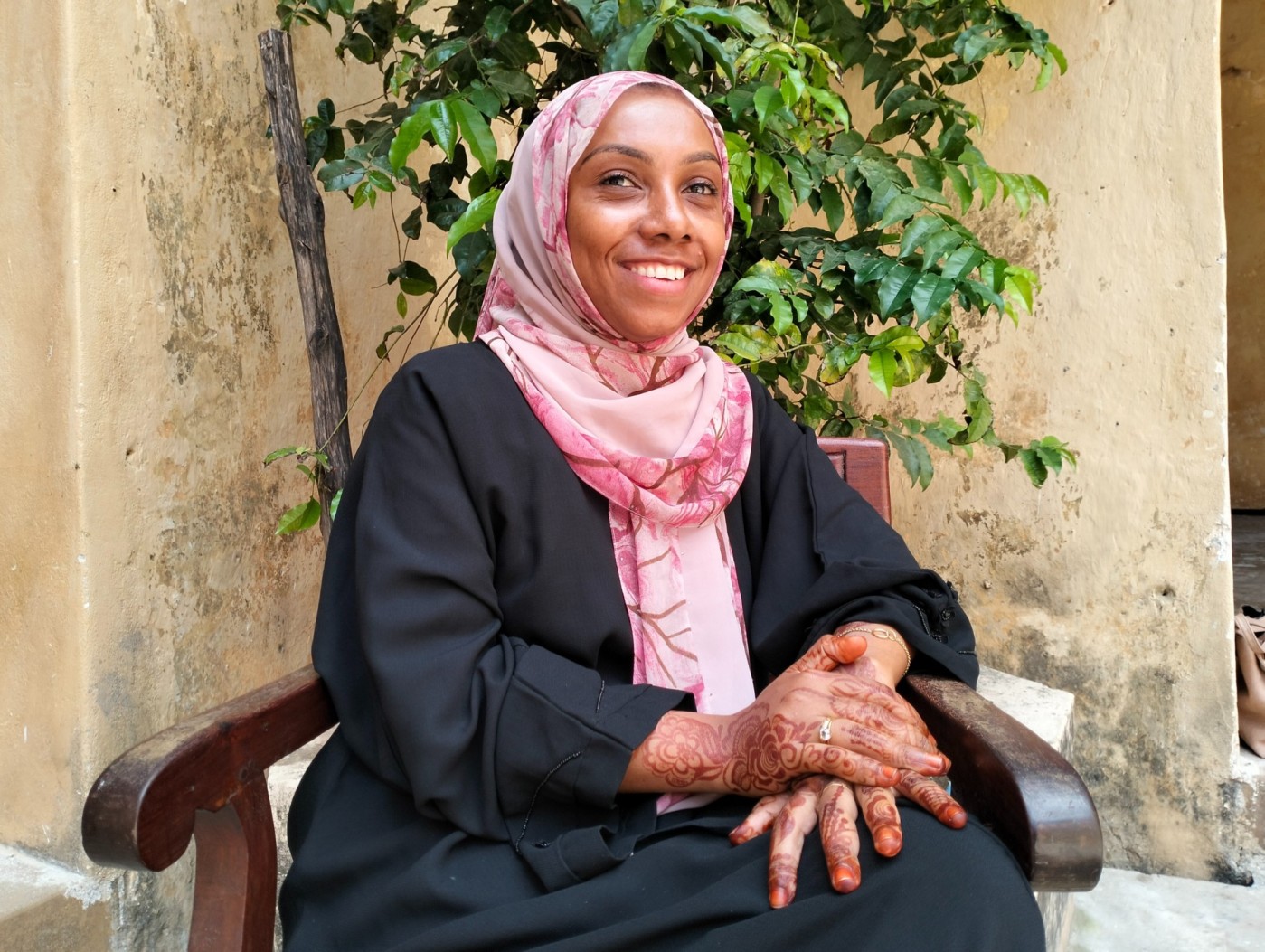 Lamu Lands Physical Planning, Urban Development, Energy, Water and Natural Resources CECM, Tashrifa Bakari Mohamed. (Photo: Farhiya Hussein)
Lamu Lands Physical Planning, Urban Development, Energy, Water and Natural Resources CECM, Tashrifa Bakari Mohamed. (Photo: Farhiya Hussein)Lamu Lands Physical Planning, Urban Development, Energy, Water and Natural Resources CECM, Tashrifa Bakari Mohamed
When contacted, Lamu County Executive for Lands, Physical Planning, Urban Development, Energy, Water, Natural Resources, Infrastructure and Public Works, Tashrifa Bakari, said they had yet to receive a report from the National Environment Management Authority (NEMA) on the activities at Manda-Maweni before taking action to assist the quarry workers.
"We haven’t refused to help the stone miners. They just need to be patient. We are coordinating with NEMA to assess the safety of quarrying activities at Manda-Maweni before formulating a comprehensive plan to assist them," said Bakari.
Top Stories Today




